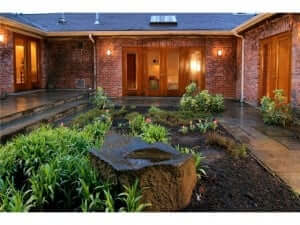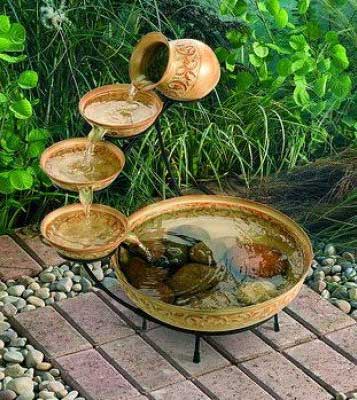What Is Feng Shui?
Feng Shui is an ancient Chinese field of astrology meaning Wind-Water, essentially related to how a house, apartment, or room is facing, and how objects are placed within. This Chinese belief system essentially requires that the entire layout of a house or building is in harmony with natural energy forces, and Feng Shui is the Astrology of Architecture.
The Chinese and other Feng Shui followers believe that designing buildings in a certain way influences the harmony of the life of the occupant. If the Feng Shui is good then the person will be in harmony with the world concerning longevity, good health, good finances, and perhaps most importantly a good, healthy love life. Hence many single modern Westerners, not all of them Chinese spend thousands of dollars having their apartment and house interiors and furniture arranged according to “good” Feng Shui.
One major rule of Feng Shui is that the bed of the occupant should not ever face the door. This is a parallel image to a coffin being ready to be carted away! Not exactly what the occupant wants when they go to bed for a restful sleep at night! Instead, the bed should be placed at right angles to a door, preferably away from a window and as far away from the door as possible.
Feng Shui – The Astrology Of Architecture
Another similar concern on doors is that the front and back doors are not facing one another. When this occurs energy rushes through as water rushes through and does not “nourish” the house with good energy and good fortune.

For fountains and water flowing, the best position to place a fountain is either in the North, East, or South East of your home or room. You will have to keep track of the years too, since the most favoured fountain positions change every few years.
Another aspect of Feng shui is the colors used to decorate interiors and their relative positions including colored furniture have to be taken into account for optimal health, financial gain, and overall prosperity!
Colors
Certain colors are used to bring about career success, romance, good family life, and even a good sex life! This is because certain colours are associated with each of the elements, fire, earth, metal, water, and wood.

Meanwhile blues and black represent water and the browns and greens represent earth colours.
Mirrors too have their specific place, with mirrors banned from the bedroom due to negative energy. However, in busy, high-activity areas like lounges and dining rooms mirrors on ceilings and walls are a plus since they bounce energy back into the room.
So from all the above it becomes very apparent that a serious Feng shui believer has to be very careful about every aspect of color, design, and furniture spacing they have in their home. Guest visits for them can be problematic if their guests are not so attuned to the art of Feng shui!
One cushion out of place by a guest, one plant pot knocked over by arriving in the dark, or one innocent breakage of a mirror, one red cushion borrowed from the lounge and the host’s harmony is thrown out of kilter, at least until all is restored on the guest’s departure!
 Sun Signs Everything Under The Sun!
Sun Signs Everything Under The Sun!